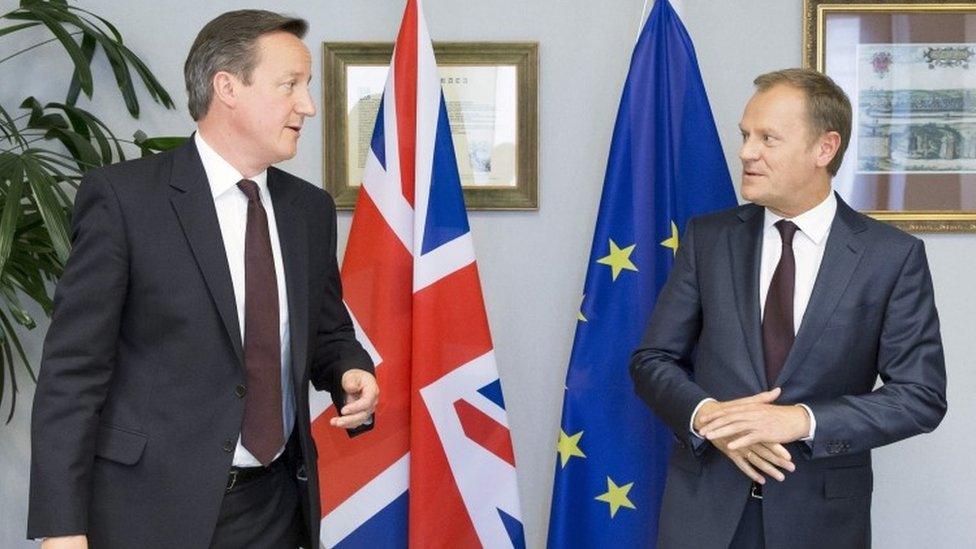David Cameron 'agrees to post-EU summit cabinet'
- Published
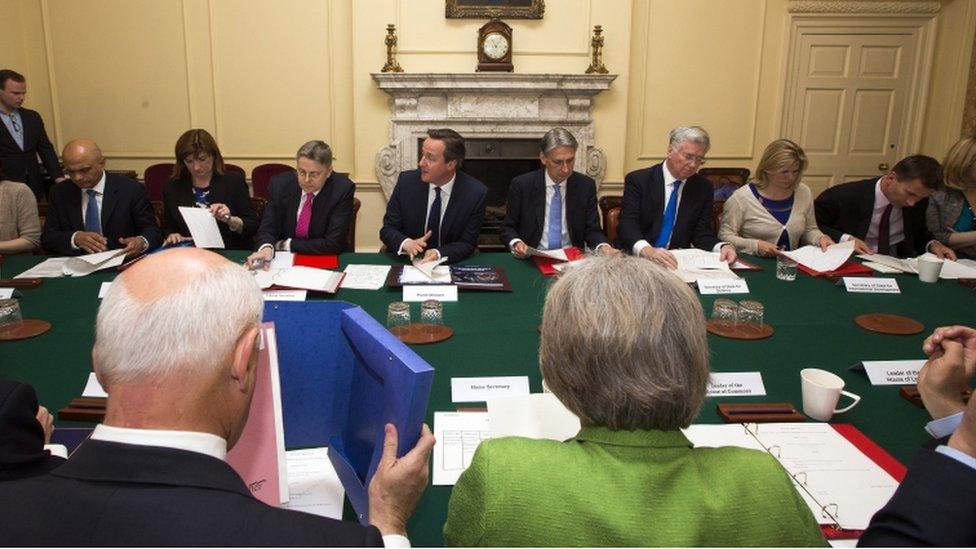
It was thought the cabinet would not meet until the week after the EU summit
David Cameron will meet his cabinet ministers straight after the EU summit on Friday if a deal is reached on his reforms, sources say.
Downing Street has said ministers cannot speak out until the cabinet has met to agree a government position.
The PM has now reportedly bowed to pressure from anti-EU ministers including Iain Duncan Smith not to delay calling the cabinet meeting.
It was claimed this would give the Remain campaign an unfair head start.
The PM was also warned against meeting on Saturday because it would look like an emergency, or a "war cabinet", BBC assistant political editor Norman Smith said.
"We are now getting right to the cusp of the referendum beginning proper on Friday evening", Norman Smith added.
If a deal is agreed at the upcoming meeting of EU leaders, it could pave the way for the UK's in/out referendum to take place in June.
Read more:
John Redwood, a prominent Eurosceptic Conservative MP, welcomed the news of a possible Friday cabinet.
"People want a fair referendum and we on the Leave side need equal airtime to put across our very good case," he told BBC News.
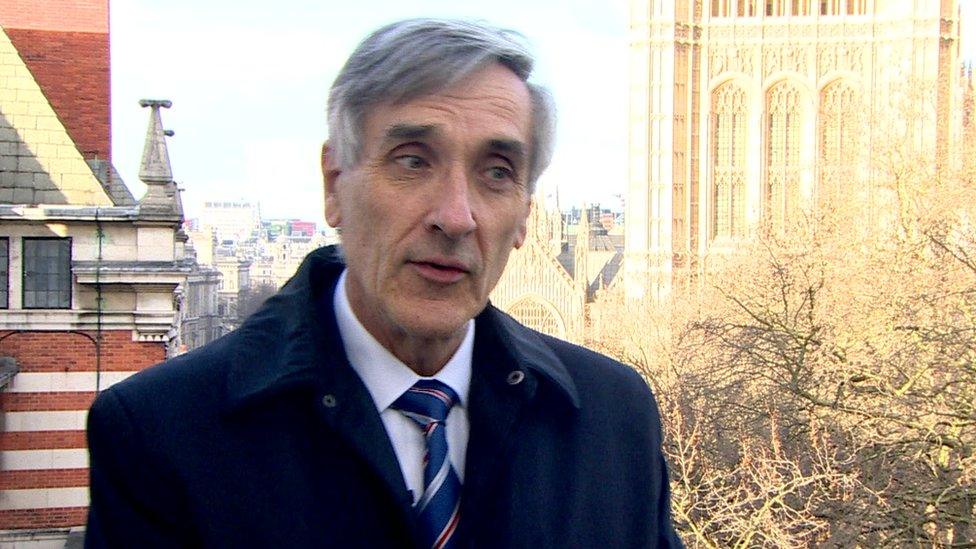
Mr Redwood a Friday cabinet meeting was "the sensible thing to do".
In the meantime, Mr Cameron will attempt to secure French agreement for his EU reforms, as he meets with President Francois Hollande in Paris later
The French government is said to be concerned about UK calls for protection for non-eurozone countries, but No 10 said the French had shown "willingness" to find a solution.
As part of his diplomatic push, Mr Cameron - who met German Chancellor Angela Merkel for talks on Friday - will discuss the renegotiation with European Commission President Jean-Claude Juncker on Tuesday, as well as senior MEPs.
He had been due to meet the heads of all of the European Parliament's political groups, but will now address just a select group of leaders.
Reacting to the news, UKIP leader Nigel Farage, who is not on the list, labelled Mr Cameron a "chicken" and said he was "scared of the truth".
"Nothing in this renegotiated package works for the British people, none of it will be enforceable, he is trying to sell the British people a pup and he is too scared of me being able to expose that," he said.
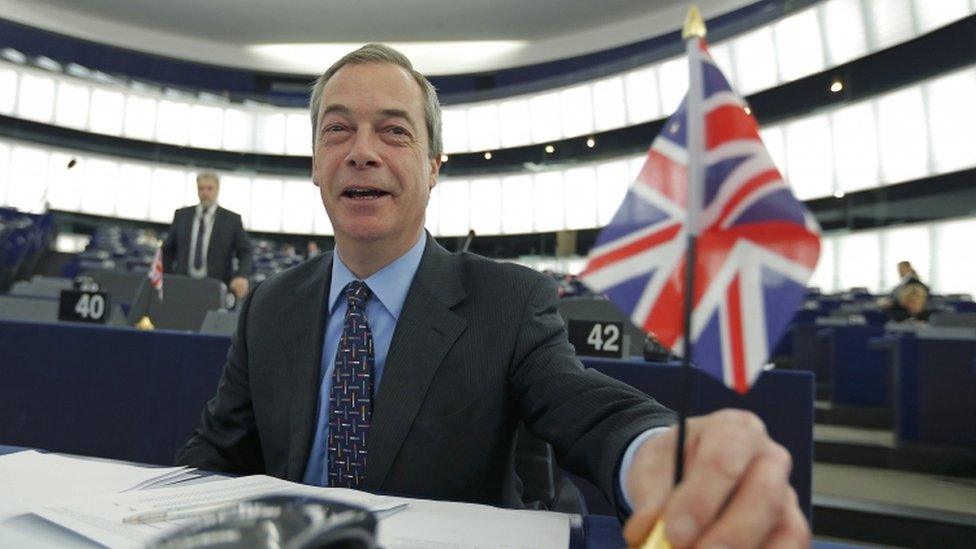
Mr Farage criticised the PM for cancelling a planned meeting to discuss the EU renegotiation deal
As part of his reform objectives, the prime minister is seeking legally-binding safeguards for countries that do not use the euro, to ensure they are not discriminated against as the eurozone integrates further.
But these proposals are reported to be a sticking point for France, which has said it will not support anything which looks like special treatment for the City of London.
Downing Street sought to play down any differences on the issue.
"What we've seen from the French throughout is a French willingness to work with us to make sure we can both agree a solution," a spokeswoman said.

Analysis by Chris Mason, BBC political correspondent
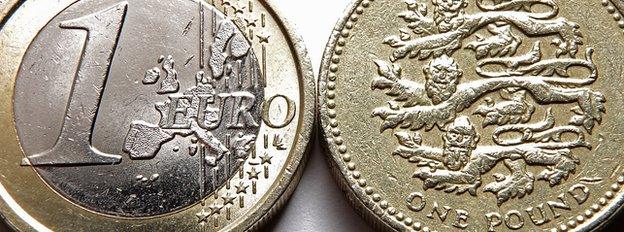
For all the headlines about shaking up migrants' access to benefits, there's another issue in this EU renegotiation that is potentially a bit sticky.
On the face of it, it sounds pretty dry: the rules about what powers countries that use the euro will have, and what powers countries, like the UK, that don't use it will have.
The prime minister wants the UK to be protected from being ganged up on by the majority of EU countries that do use the euro.
Those that do use the single currency don't want too much meddling from the margins as they see it.
Enough to talk about, then, for David Cameron and Francois Hollande at the Elysee Palace.

Meanwhile, European Council President Donald Tusk, who is overseeing the renegotiation, has begun a two-day tour of five European countries - beginning with France and Romania - to discuss the draft deal.
The proposed package aimed at keeping the UK in the EU was published , externalat the beginning of February, following months of negotiations between UK and EU officials.
Critics say it falls far short of what is needed but Mr Cameron has said it will deliver the "substantial change" to the EU that he has been demanding.
It includes proposals for an "emergency brake" on benefits, but some countries in eastern Europe, such as Poland, are said to object so moves to scale back welfare payments to migrant workers.
Foreign Secretary Philip Hammond said on Sunday discussions over the membership terms would probably run "right to the wire" of this week's summit.
- Published13 February 2016
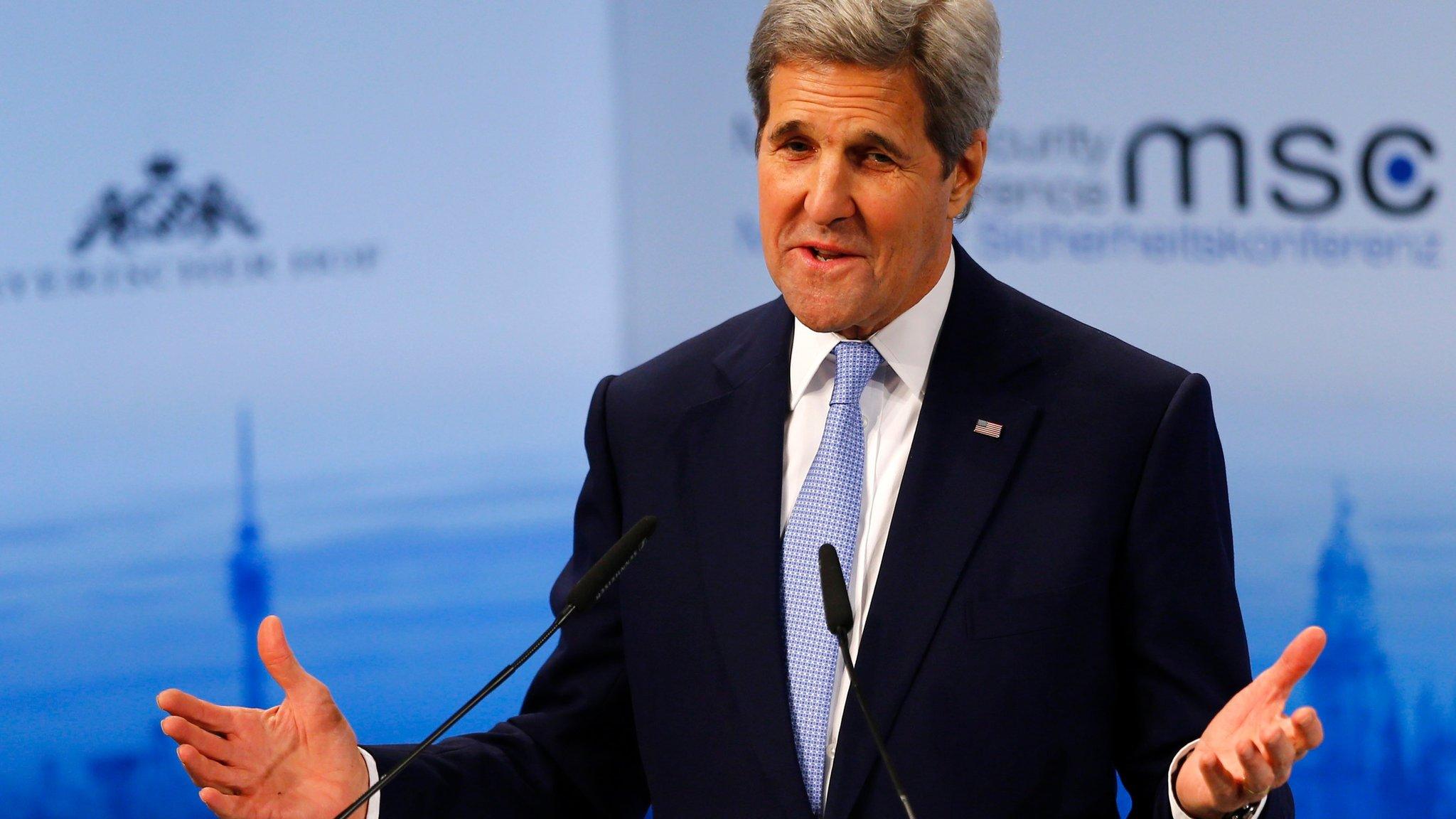
- Published12 February 2016
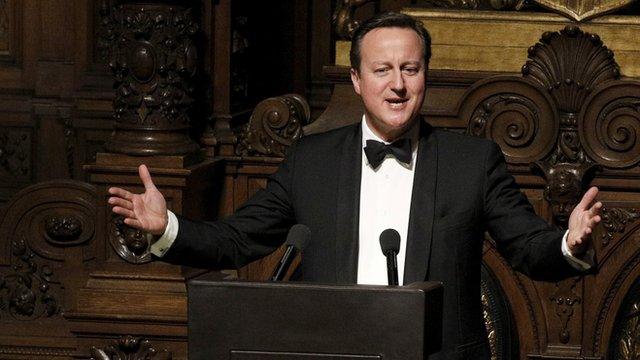
- Published30 December 2020

- Published10 February 2016
